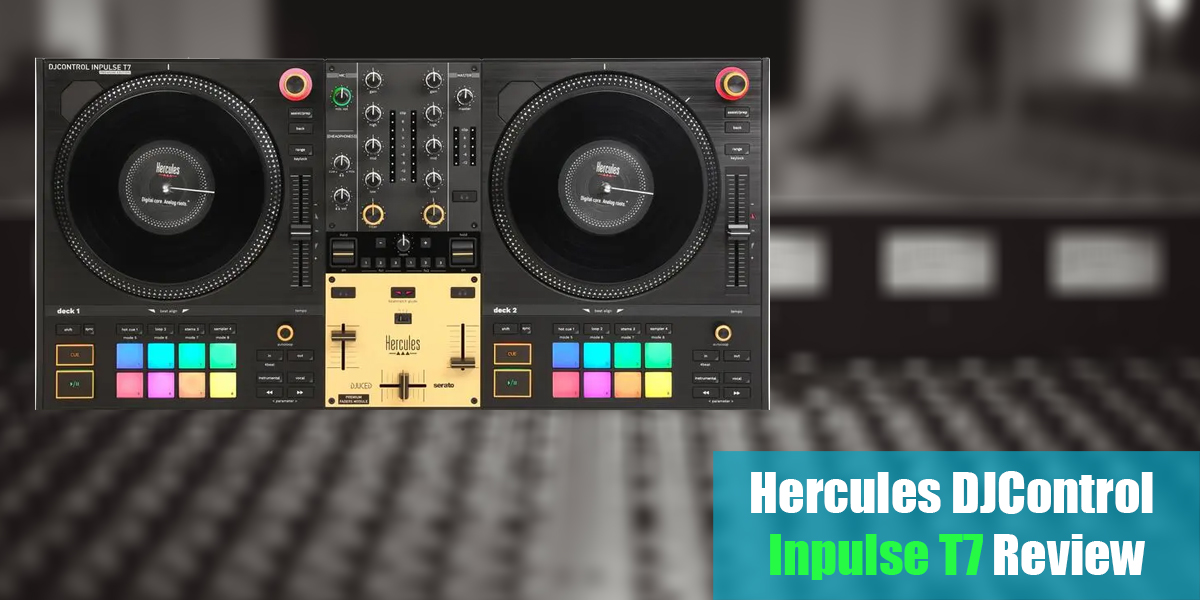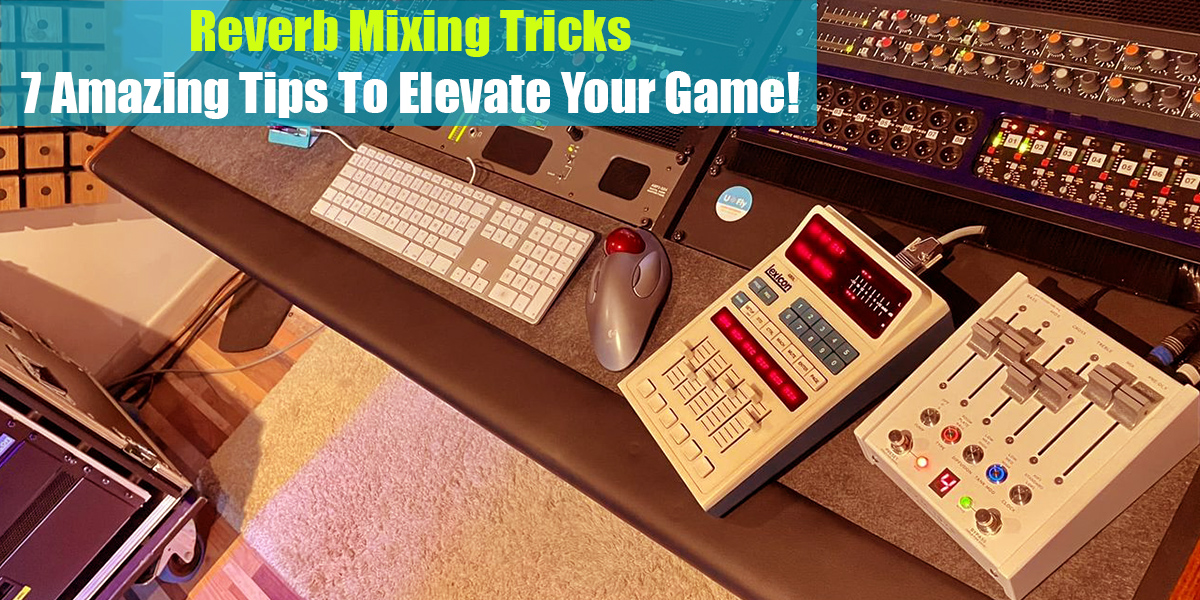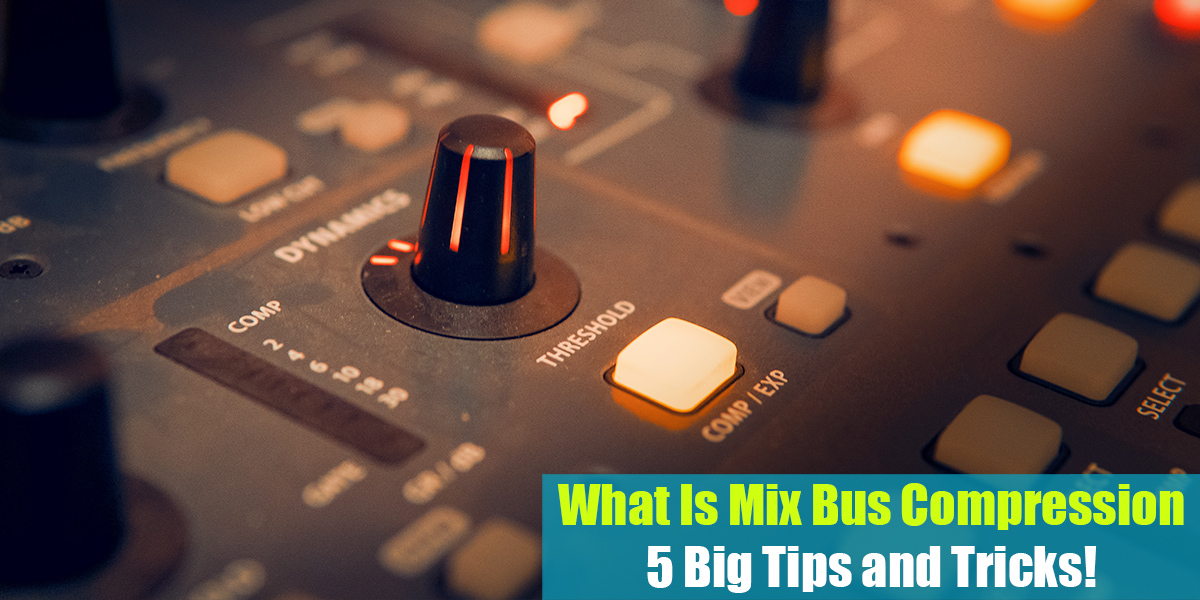How to Finish Your Mix
Introduction
Are you working on a bunch of unfinished songs with nothing actually finished? This is extremely common for many producers.
It’s frustrating to have so many projects but nothing complete. You just want to finish one of your tracks and release it to the world, but you can’t help starting another song you’ll never complete. If you want to break this habit, we’ll show you the best way to actually finish your songs—or at least, our best tips for figuring out how to get a song done.
It’s hard to know when your track is truly finished. If you’re a perfectionist, you might never be 100% happy with the final version. Still, don’t spend too much time obsessing over how to make your track perfect.
Some producers say you should focus all your energy on making one great song, but we believe that finishing and completing a bunch of “okay” ones is a better way to reach your goals. Of course, you don’t have to officially release every track you finish.
The more time you spend creating, the better you’ll get. Your hundredth finished song will probably be way better—and easier to finish—than your first. Your first track likely won’t be amazing, so don’t put too much pressure on yourself to make it perfect. Everyone has to start somewhere, and trial and error is the best way to learn what works and what doesn’t.
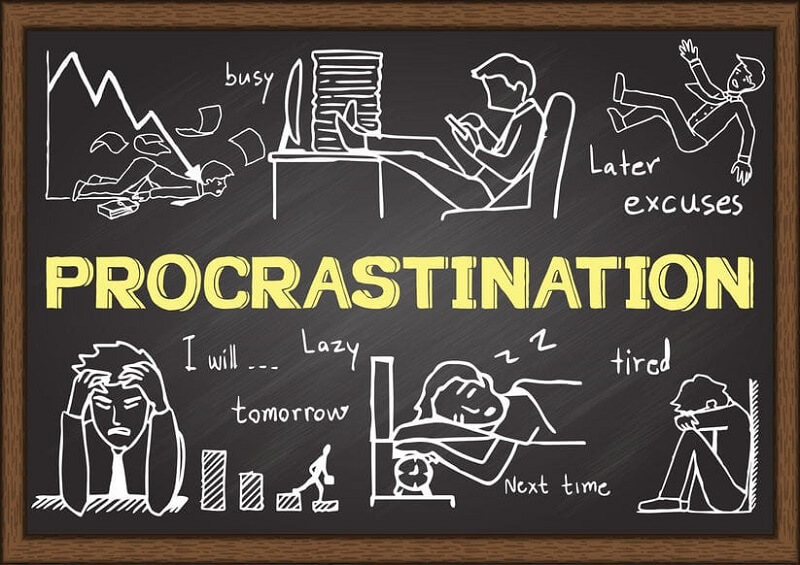
#1 Have Your Workspace Prepared
Inspiration can vanish as quickly as it arrives. Once you’re feeling inspired, the last thing you want is to waste time searching for cables, connecting hard drives and pedals, setting up MIDI sync, or tuning your guitar. That’s why it’s so important to have your workspace ready to go. Keep your gear plugged in, and your instrument out of its case and in tune.
Being able to start working right away also helps you capture the creative momentum that’s so important for finishing a song. We all know that feeling of being in the zone, when the music just flows out of us. Make sure you’re always set up and ready to capture those moments.
#2 Name your Files
To stay organized, decide on a naming system from the start and stick to it. Include clear and detailed information in your names. Avoid labels like “Audio 4127” or “Some Vocal Track.” Everyone has done that, and it’s easy to get lost in your project as soon as you dig deeper.
Create a folder for all your productions. Inside that, organize your DAW projects by month. This way, you’ll also be able to track your progress more easily.
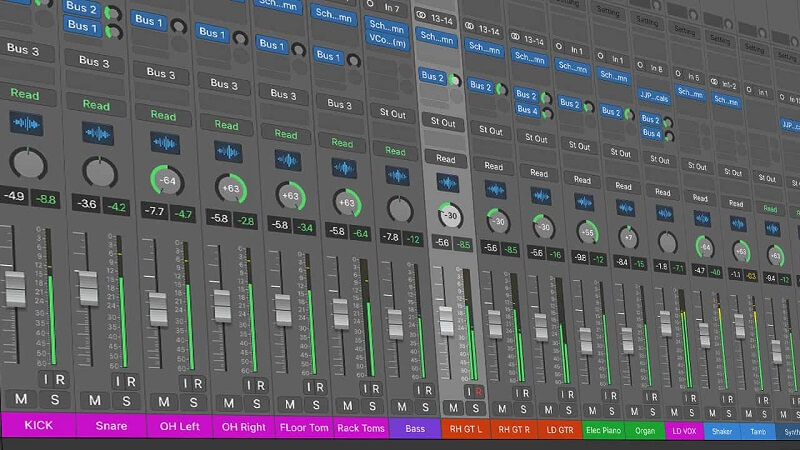
#3 Arrange first, then proceed with a Mix
When you try to mix and arrange at the same time, your attention gets pulled in different directions. You end up obsessing over small details while wishing you could focus all your energy on making your arrangement truly captivating.
To finish your tracks faster, arrange first and mix later. Start every production by making sure all your elements fit well together. Make sure you have a strong melody and hook, and that everything sounds great with little or no effects.
Once your full arrangement is done, then it’s time to mix. Keeping these two tasks separate helps you put your full attention on each one. Mixing with all parts in place—already sounding good—becomes much easier. You know exactly which sounds should stand out and which ones should sit in the background.
#4 Use Reference Tracks
Many producers struggle with deciding which parts work best in different sections of a song. For example, you might wonder, “Are these chords better for the verse or the chorus?” As you learn and improve, making these decisions will become easier. When in doubt, look to the artists you admire. Use their music as a roadmap to guide you and help you improve your own work. Take elements from songs you enjoy and use them as starting points in your productions.
For instance, you can study how other artists use chords in their music. Start by listening to a track you like and use a keyboard to figure out the basic notes of their chords. Build your own chords from there. You can also sketch how their drum patterns change from one section to another, or pay attention to how FX and drum fills help transition between parts of the song.
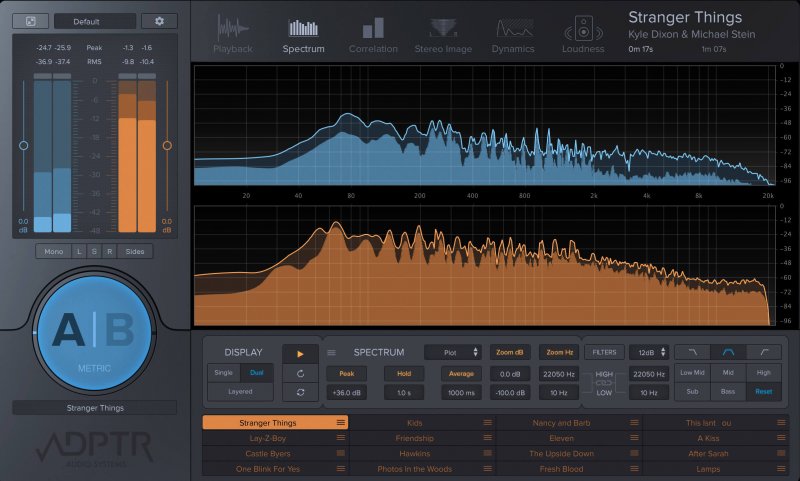
#5 Keep Track of the Process
Starting a brand new track is always exciting, but forcing yourself to finish an incomplete idea is nowhere near as fun. One proactive way to stay on track is to keep a simple notepad and pen handy.
Open a half-finished project, making sure to listen with fresh ears. Play through the track once and jot down your immediate impressions. Which parts need changing? Does a breakdown need to be extended or shortened?
Maybe some automation sweeps need tweaking to really build up the tension. Write out a list of changes, then work through them one by one, checking them off as you go.
#6 Kill the Procrastination
To beat procrastination, try the “start with just 5 minutes” method. Setting a time limit for your work can also be really helpful. According to Parkinson’s Law, “work expands to fill the time available for its completion.” In other words, a task that could take 45 minutes might end up taking two hours if you give yourself more time than you need. Set a time limit and stop working when the time is up.
It’s important to set a clear goal for yourself and actually spend time working toward it. For example, you might say, “my goal is to finish one song per week.” You don’t have to meet these goals perfectly every time, but having a deadline is a great way to stop procrastinating. If you don’t have a reason to finish a song by a certain date, it’s easy to keep putting it off.
There’s always something that seems more urgent. To fight this, block out a specific time of day or a certain day of the week just for your current projects or the song you’re working on. During your longer production sessions, make sure to get some fresh air. Taking breaks is important for staying productive.
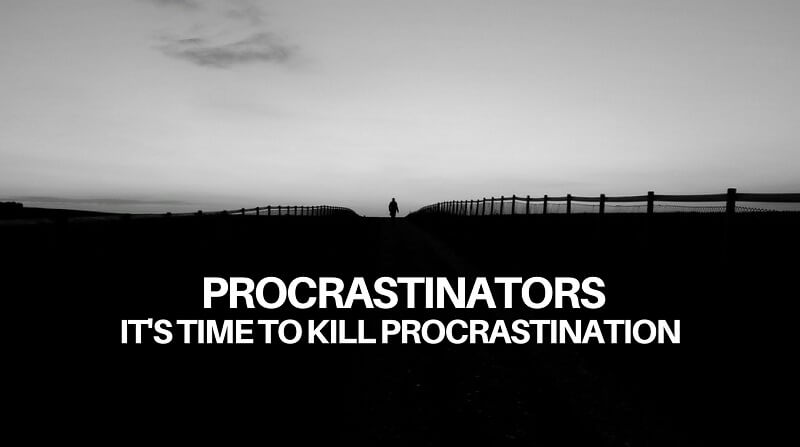
#7 Deadline Your Project
Here’s another easy one. You’d be surprised how setting a self-imposed deadline can make you actually get things done. That internal push you feel when you have a deadline on a project really motivates you to go ahead and finish the job. It gives you extra incentive to complete what you’ve started and actually see a project through to the end.
Setting deadlines for yourself can really help you get things done, especially with your music-making—so give it a try! And this isn’t just advice for music; it’s advice for life in general. Take it to heart and put it into action.
#8 Finish the Draft Before doing Revisions
How many times have you started a song, only to get hyper-focused on something relatively minor before the track is even arranged? If you have trouble finishing songs, this is probably one of the main reasons. Once you have the entire song laid out, finishing it isn’t that difficult. You might spend some time swapping out samples or experimenting with different sounds, but the hardest part is already done.
A lot of producers like to start by writing the chorus or drop of a song, and then come up with the verses, bridge, intro, and outro afterward. Personally, we prefer writing music from start to finish, in that order. The only way to figure out what works best for you is to experiment and write a lot of music. Eventually, you’ll find a routine and rhythm that lets you produce high-quality tracks quickly and consistently.
#9 Keep Friends Out of the Studio
Sitting in a studio with ten of your friends might make for a fun jam session, but it’s not the best way to get real work done. Rappers are known for bringing a crowd to their recording sessions, but all those extra people usually just end up being a distraction.
We get it—recording in a professional studio is exciting, and you want to show your friends what it’s like. But if you’re paying for studio time, it’s really in your best interest to leave your crew at home.
As an engineer, it’s your responsibility to make sure your clients are in the best environment to perform. Letting them get distracted isn’t doing them any favors. That’s why we send out a set of studio guidelines and expectations to our clients before any session.
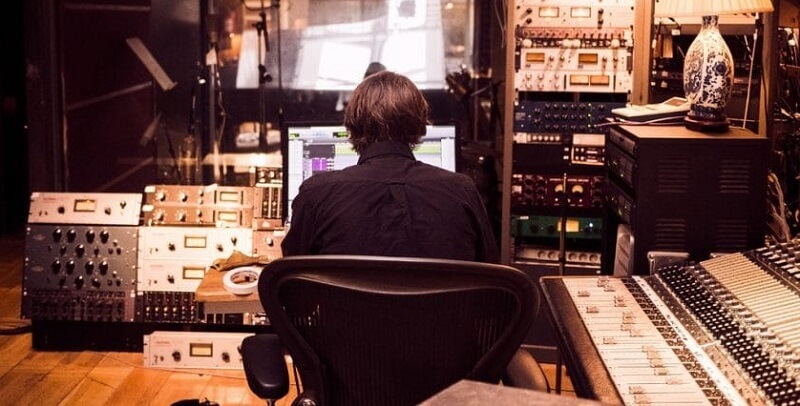
#10 Prepare to Keep Focused
If you’re an artistic type—and you are, since you make music—you probably juggle a bunch of different projects, trying to work on everything at once. The upside is that your mind is full of ideas. The downside? Your mind is full of ideas.
Here’s something to try: go back to all those old songs on your hard drive and start deleting them. You’ll be surprised how cutting out distractions can help you focus on that one brilliant song you’re working on right now. Suddenly, you might even find it’s finished.
#11 Manage your time in the Studio
As producers, there’s nothing we love more than kicking back for a night and jamming with a bunch of synths and drum machines. But where do you draw the line between being a hobbyist and a professional?
Are you just making cool sounds for fun, or are you focused on creating polished music to share with the world? We’d suggest paying close attention to your time management and the effort you put in.
Anyone can casually mess around with synths and plugins, but it takes real dedication and planning to actually finish tracks and get them into the hands of DJs and labels. Book studio time, set deadlines for yourself, and push yourself to finish everything you start.
#12 Stop the Obsessive Perfectionism
Obsessive perfectionism is incredibly debilitating. It doesn’t matter if it’s in everyday life or music production—trying to make everything flawless is a harmful and wasteful game. It’s also the number one killer of creativity.
Here’s a secret: perfection doesn’t exist. So why bother? When you fall into the trap of perfectionism, you become insecure and filled with guilt. You grow oversensitive and bitter, afraid of making even the smallest mistake.
Being a perfectionist in creative work, like in the studio, makes you set your standards impossibly high. Perfectionism builds walls and restrictions that stop your creativity from flowing freely.
You start projects and get upset when nothing sounds the way you want. You try endless combinations of sounds and melodies, but in your mind, nothing is ever good enough. You get frustrated and leave your studio, annoyed with yourself for not being able to come up with something you like.

#13 Take a Break and Delete
So, you’ve been working on a track in your DAW for just a few hours. Suddenly, there are ten different versions of the bassline, a pile of unused samples, and a bunch of bypassed plugins just sitting there.
Our ears get tired and start to lose focus after eight hours in the studio. It’s important to give yourself a 20 or 30-minute break every couple of hours. It also helps to take longer breaks from your track.
For example, step away from your project for a day or even a week. When you return, you’ll have fresh ears and notice details you might have missed before. Taking breaks lets you reset and come back more productive.
Chaos is part of the creative process, but don’t let it take over. Take a break, then start cleaning things up. If your track gets too messy, delete what you don’t need or even scrap it and start something new.
#14 Work on the Song Later
Sometimes, the best thing you can do is simply walk away from a track. Taking a break for a few minutes or hours can really help. Other times, it’s best to set a track aside for a few days. Giving yourself some distance from a project lets you come back with fresh ears and can easily spark new ideas.
However, be careful not to leave a track unfinished for too long. It’s easy to lose the excitement that made you start the track in the first place, and that feeling isn’t always easy to get back. If you plan to return to a track later, make sure you’ve already recorded the core parts in your DAW before stepping away. That way, when you come back, you’ll be focused on cleaning up and refining, instead of starting from scratch.
#15 Ask for Help
Usually, just bringing a colleague into your studio is enough to spark your creativity. A second person’s input can help break your tunnel vision and offer a fresh perspective on your track.
Getting someone who knows nothing about music to critique your work can also be valuable. Even though they might struggle to explain exactly what they like or dislike, they can still give you honest feedback from the point of view of an everyday listener.
On the other hand, experienced music producers or audio engineers can clearly explain what they like or dislike about your music. They can offer insights on how to improve your track—this is where the average person and a trained audio professional differ in how much they can help you.
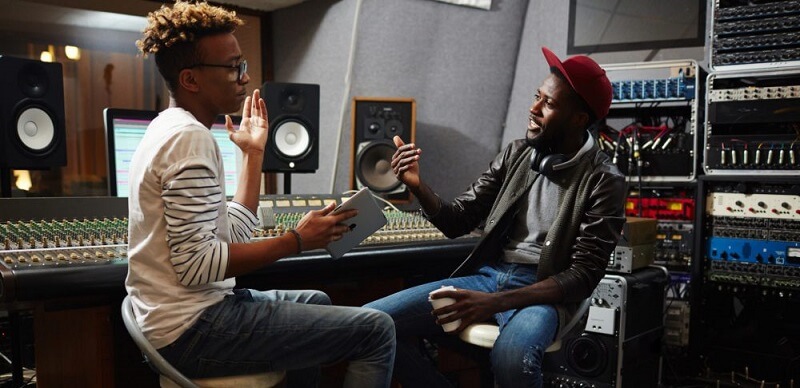
Conclusion
Now you have a roadmap for how to finish your next song. As we mentioned above, these steps take time and hard work. You can’t expect to complete music quickly at a professional level right away—not even by your hundredth song.
Singing and producing aren’t always effortless, even if you’re experienced. Even after you master the process, you’ll probably face creative blocks at some point. Don’t give up if you get stuck.
People experience creative blocks and get stuck every day. The biggest and most successful artists get writer’s block and struggle to finish songs. Artists and songwriters who headline and sell out venues feel the same way you do. Instead of getting frustrated that you can’t make something you’re completely happy with, remember that it’s just part of being human. Music production is not always easy.
Don’t try to force creativity. That’s just not how it works—you don’t get a fresh idea just because you want one. Sometimes, creativity comes naturally. Let your mind wander and relax, but also pay attention to what inspires you.
Maybe sitting in a certain spot helps free your mind, or maybe you’re most open when you’re doing yoga. It’s important to understand that even if you do things to spark your creativity, it won’t always show up. Don’t get frustrated—trust the process, and let yourself think freely.


